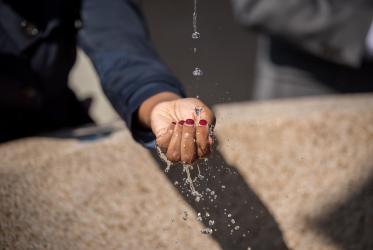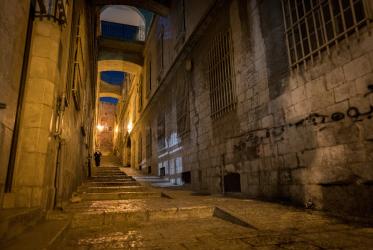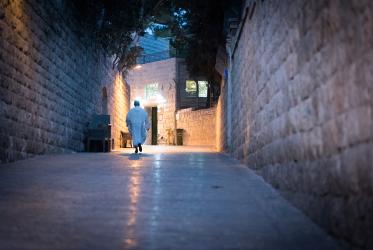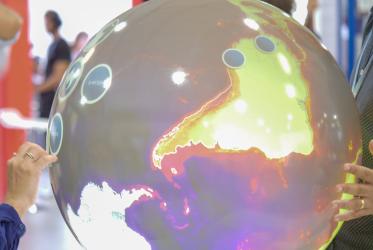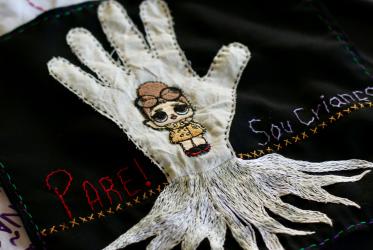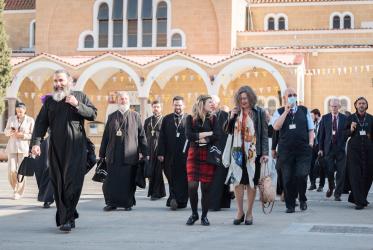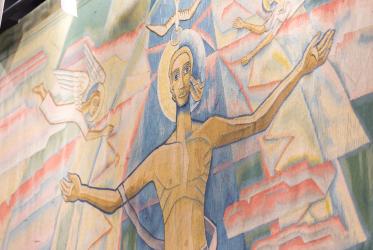Displaying 1 - 20 of 72
A Double Whammy*
23 November 2023
“This is the Day the Lord Has Made! Let us Rejoice”
06 April 2023
Thursdays in Black Bible Study: Solomon’s Wisdom in Judgment
08 December 2022
11th Assembly Bible study - Ascension
21 December 2021

